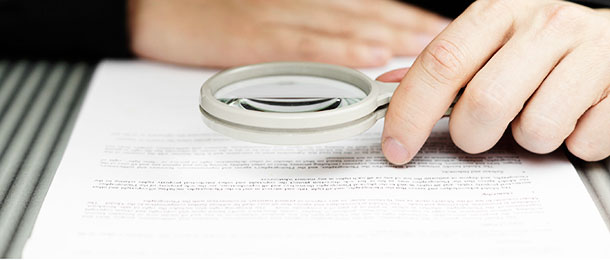Trustees should understand their SMSF record-keeping requirements in order to ensure their funds remain compliant, an SMSF expert has said.
SuperConcepts SMSF technical and private wealth executive manager Graeme Colley pointed to the requirements of the Superannuation Industry (Supervision) (SIS) Act to remind trustees of their record-keeping obligations.
“In simple terms, as trustee of your SMSF, you need to keep records that allow preparation of financial statements and annual tax and compliance returns. This information needs to be kept for at least five years after the end of the financial year, even after your SMSF has been wound up,” Colley said in a blog post on the SuperConcepts website.
He reminded trustees that some records relating to the underlying operation of the fund, such as trustee minutes and declarations, needed to be kept for as long as 10 years to meet compliance requirements.
While there was no requirement under the SIS Act to keep a copy of the fund’s trust deed, subsequent amendments and other governing rules for the fund, it was “common sense” for trustees to keep the originals of these documents in case their decisions relating to the fund were challenged, he said.
“Keeping these records for at least five years after the final tax and regulatory returns have been lodged would seem a reasonable time,” he said.
He added the ATO would allow for fund records to be stored electronically, but trustees should pay close attention to how long those records needed to be retained and note which documents, such as the fund’s trust deed, they would benefit from keeping in the original form.
“Courts and government departments may require an original or a certified original of the document, which is the reason to keep originals of the most important fund documents,” he said.
“With a new tax year having just commenced, your new year’s resolution could be to review your SMSF’s records and work out which need to be retained as originals and those that can be scanned and stored electronically – but make sure you keep a backup copy in case a disaster strikes.”




